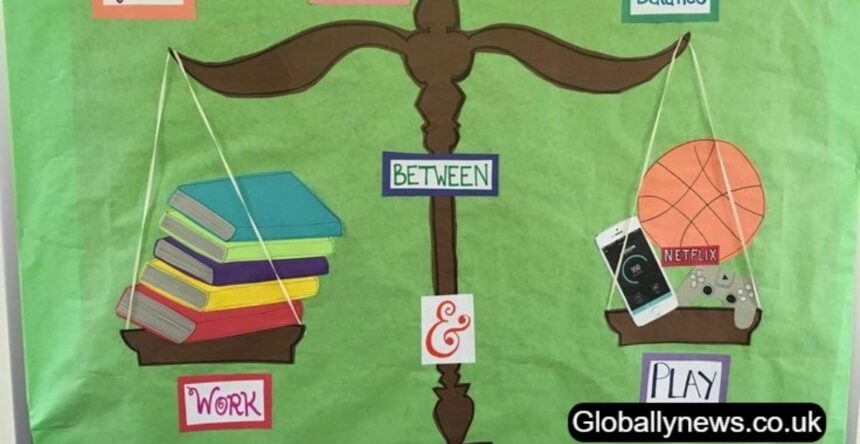For serious students, the balance between diligent study and leisure time is pivotal for both mental health and academic performance. Striking the right equilibrium can be challenging amidst the demands of coursework, thesis projects, and exam preparations. However, leisure plays a vital role in maintaining this balance. Below, we will discuss how students can effectively weave fun into their busy routines without compromising their academic goals.
Addressing Burnout: Why Downtime is Crucial for Long-term Academic Success
Burnout is a hidden enemy of student success, often stemming from a lack of downtime while chasing academic goals. It leads to fatigue, low motivation, and poorer grades, indicating the need for rest. Downtime is crucial for long-term achievement, not just a luxury.
Participating in leisure activities like hanging out with friends or enjoying a sweepstakes casino with real money. gold coin and real cash prizes can help relieve academic stress. Quality sleep is equally vital for cognitive recovery and emotional resilience. By maintaining a balance between work and play, students can prevent burnout and keep their focus and enthusiasm for learning.
The Psychological Benefits of Leisure: Understanding Work-Play Balance for Students
Leisure activities are crucial for students’ well-being and academic success. They relieve stress, allow the brain to recover from intensive study sessions, and enhance concentration and memory retention. These activities foster creative thinking, especially in creative fields. Hobbies and leisure activities require different cognitive skills, making the intellect more versatile. Striking a work-play balance is not just about combating stress but also about the joy of living and learning.
These moments recharge motivation and ensure continuous engagement with academic pursuits. Incorporating leisure into one’s schedule is important for mental health, as it allows students to express emotions and mitigate anxiety and depression. Recreational activities provide a necessary counterweight to the solitude and pressure often associated with intense studies.
Managing Academic Responsibilities While Making Time for Hobbies
Effective time management is key to academic success, allowing students to balance studies and hobbies. By setting clear priorities and creating a structured schedule with predefined study sessions and leisure time, students can avoid poor planning and ensure they allocate time for relaxation as seriously as they do for coursework. Avoiding procrastination and staying ahead on assignments helps create guilt-free leisure time, while efficient study methods like active learning and group discussions enhance learning, freeing up more time for hobbies.
Hobbies can complement academic life, especially when interests align with studies, such as a student specializing in health informatic incorporating their tech interests into personal projects. Maintaining flexibility is crucial, as there will be times when academic responsibilities must take precedence, but knowing leisure time will follow can make these periods manageable.
Strategies for Integrating Social Activities in a Busy Student Schedule
Active social engagement is crucial for students as it nurtures relationships and provides a supportive network. Students can integrate social activities into their schedules through group studies, project collaborations, campus clubs, seminars, lectures, and workshops.
Modern technology, such as online forums, social media groups, and virtual meet-ups, can help students stay connected even when face-to-face interactions are limited. Short, meaningful engagements, such as coffee catch-ups or gym sessions, can be effective in maintaining social connections. Scheduling these activities post-study can also serve as a motivational incentive to maintain focus while working.
The Role of Time Management in Achieving a Healthy Study-Life Equilibrium
Mastering time management is crucial for a healthy study-life balance. It allows students to prioritize tasks based on urgency and importance, creating a roadmap for the day. Techniques like the Pomodoro technique, time-blocking, and the Eisenhower matrix can help students delineate tasks and create a consistent daily routine. Using planners, calendar apps, and reminders can help oversee commitments and deadlines, allowing informed decisions for study breaks and outings.
Visibility of one’s schedule helps prevent double-booking and overextending. It is essential for students to assess their time management strategies periodically, as course loads and life circumstances change. Constant evaluation and tweaking of one’s approach can ensure a healthy study-life balance throughout the educational journey.
Overall, achieving a study-life balance requires self-awareness, proactive planning, and recognizing leisure as essential for success. Students should prioritize play, creativity, and relaxation in their educational journey. This balance not only leads to academic excellence but also personal growth, resulting in a more satisfying student experience.
